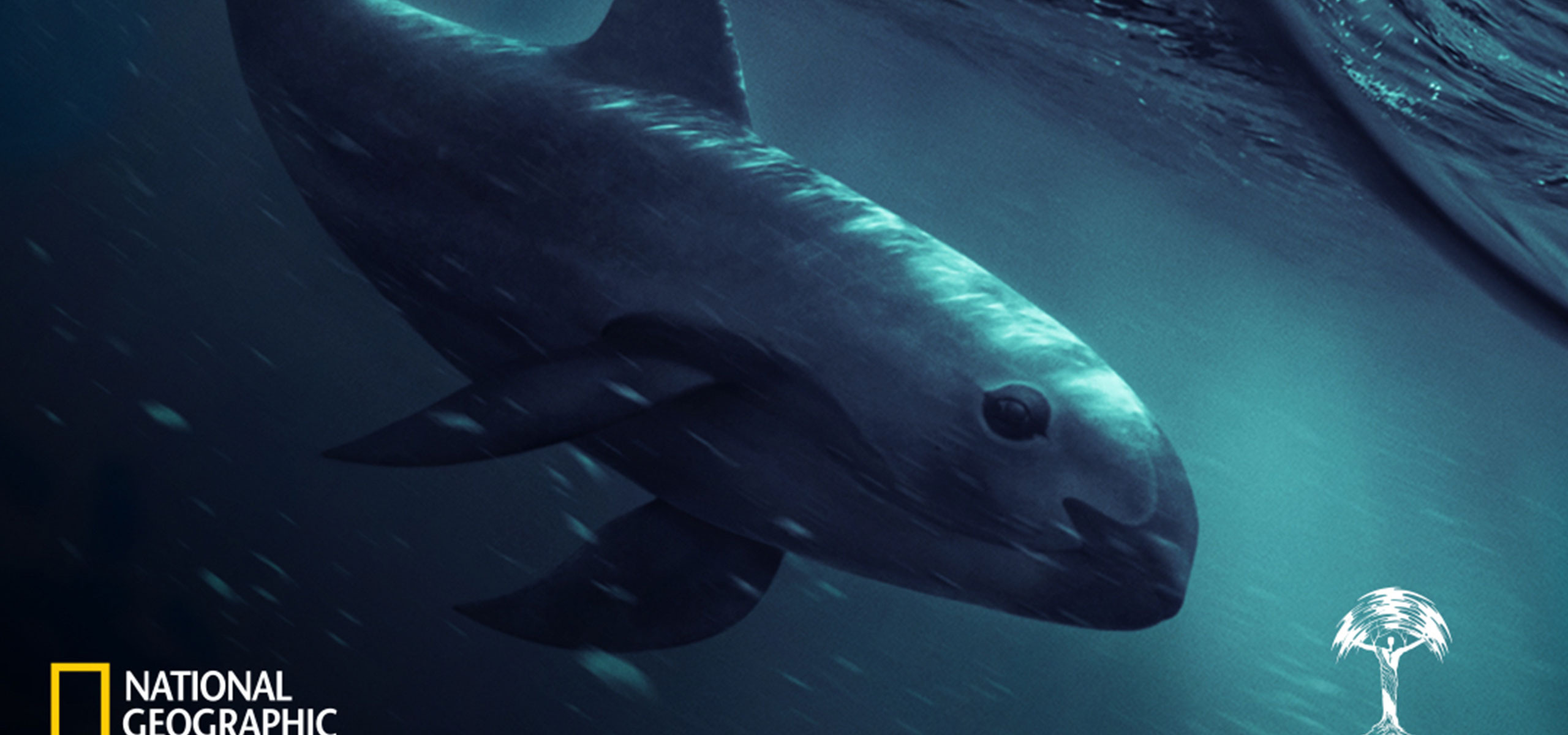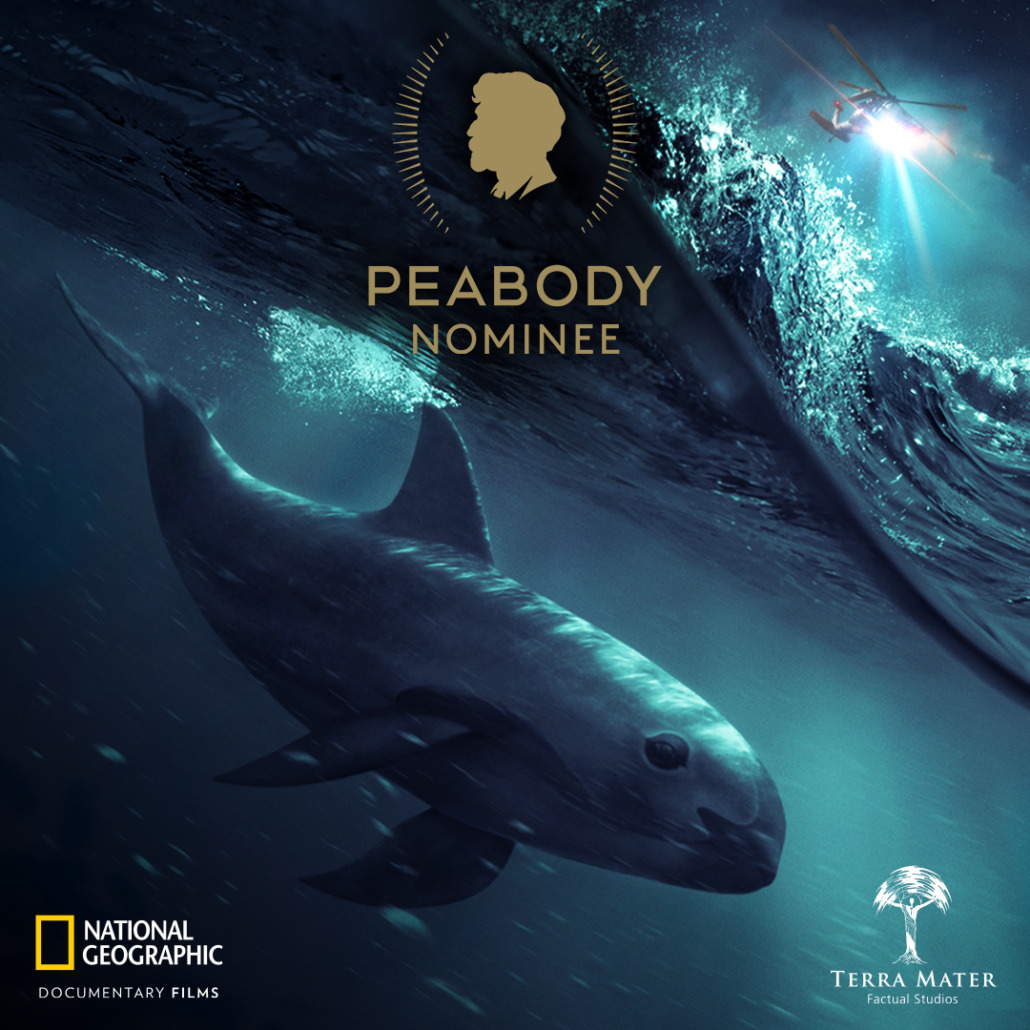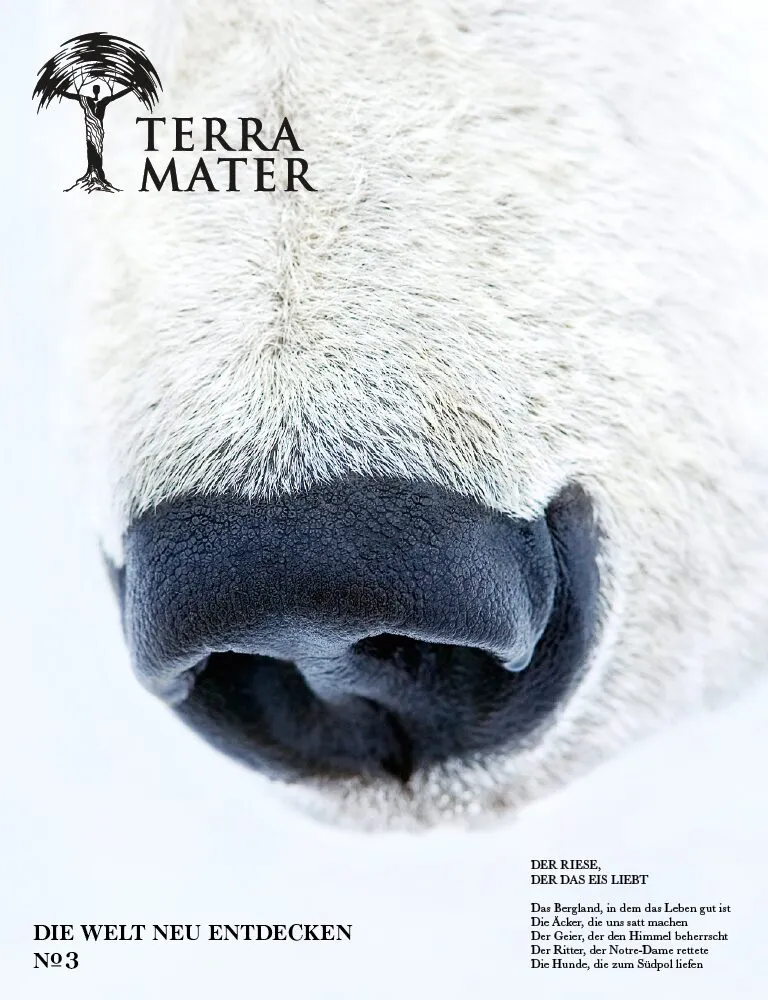
Peabody Awards: ‘Sea of Shadows’ nominated for outstanding storytelling
Athens, USA/Vienna: The shortlist of 60 nominees for one of the broadcasting industry’s most prestigious prizes was announced on Wednesday, May 6. On it: ‘Sea of Shadows’, a Terra Mater Factual Studios production. The compelling feature documentary was unanimously selected from among over 1,200 entries.
The nomination is the latest in a long line of successes for the feature documentary released by National Geographic Documentary Films, which held its world premiere in January 2019. Among others, ‘Sea of Shadows’ received the Audience Award at the Sundance Film Festival and was named “Best Theatrical Film” at the Jackson Wild Media Awards.
With all the suspense of a Hollywood thriller, ‘Sea of Shadows’ exposes the unfolding environmental catastrophe in the Sea of Cortez. The poaching of rare totoaba fish (the so-called “cocaine of the sea”) on behalf of Mexican drug cartels and Chinese traffickers has endangered the entire marine ecosystem and led to the almost total extinction of the vaquita, the world’s smallest whale. Directed by Richard Ladkani, ‘Sea of Shadows’ is a work of fearless cinematic reporting that follows scientists, conservationists, investigative journalists and undercover agents as they engage in a deadly battle to save the vaquita.
Employing a holistic approach to audience engagement, ‘Sea of Shadows’ has had an enormous impact on the worldwide protection of endangered species. The strategy included grassroots community engagement with local fishermen, a special screening in the Mexican senate and at the United Nations, and awareness-raising campaigns with conservationist Jane Goodall. The film has reached audiences in 172 countries and 42 languages. Its nomination for a Peabody Award underscores the far-reaching impact of a film that has made the once relatively unknown vaquita the focus of an unprecedented international conservation effort.

